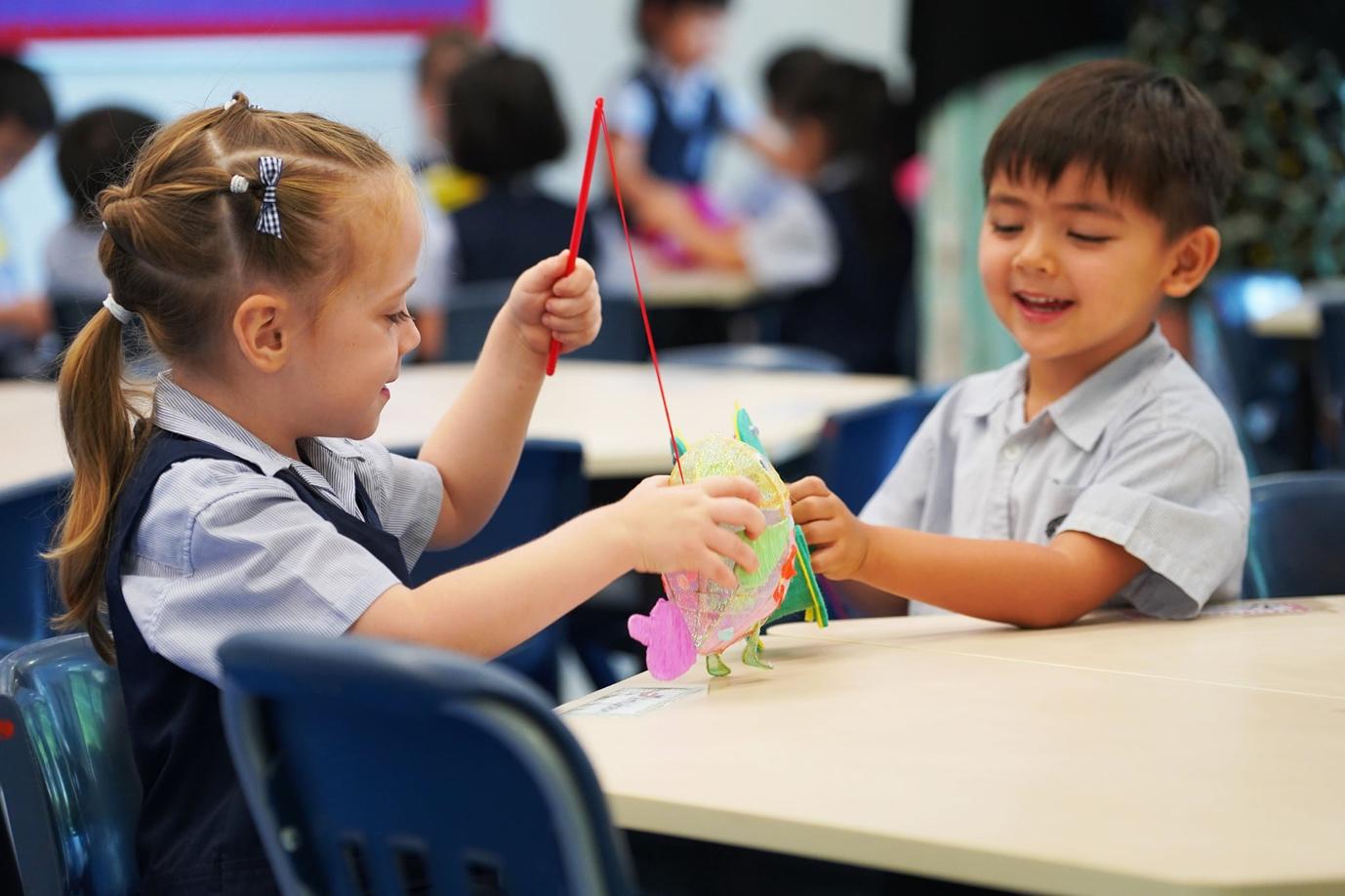
This has been a considerable debate for some time now, and unfortunately, it can still seem a little unclear what is best for a child’s development. Thankfully at Harrow International School Hong Kong, we have a great understanding of what a child needs to succeed in their education and later life.
A child’s first day at school is a significant step and one that is likely to stay with them for a long time. Therefore, getting this right is very important to all parents and guardians. In this article, we will discuss some of the arguments for both sides so that it is a little easier to make that critical decision.
What have the studies shown?
Countries have different requirements when children should start school. This has allowed the scope for plenty of research to evaluate the advantages and disadvantages of either side. In some countries throughout Asia, Scandinavia, and Australia, government policy requires children to start school at the age of seven years. An Australian study has shown the later starting age to be academically beneficial for students.
On the other hand, research has shown that positive cognitive and behavioural development have been linked to children starting preschool at a much younger age in countries such as the United Kingdom. Whichever side you look into, there are tremendous positives for a child’s development, so narrowing it down to a precise answer can be challenging.
The good news is that a general consensus has been met, which is the method of allowing a child to learn through play before they start formal education. There are many factors to consider when putting a child into school, and one crucial thing for a parent or guardian to assess is their emotional and social development thus far.
As a parent or guardian, what do I need to consider?
It is true that structured schooling is best left to a later age so that a child can be prepared for academic learning. However, every child is different, and nobody’s living situation is the same.
Children use play to understand the world around them and develop their social, emotional, academic, and cognitive abilities. Depending on the child’s pace of learning, and the environment around them, they will develop these essential skills for learning at different ages.
For some children, this might be four years; for others, it might be seven years. It is down to the guardians to decide if their child is ready for school. Suppose your child can solve problems independently and seems to have a basic understanding of the world around them. In that case, it might be time to factor those all-important steps into education.
If your child is struggling to grasp these concepts, then there are different steps that you can take. For example, you can decide for them to start school a little later or opt for a school with the facilities and curriculum to suit your child’s needs.
Often, children struggling to develop these skills at home will feel better in a preschool environment with the space, facilities, and trained staff to help them develop where they need to. Children at home can become too reliant on the help of adults, so allowing them the independence to explore learning through play and creativity at preschool can be the best choice.
What learning environment is best for a young child?
As mentioned above, extensive research has shown that for a child to grow and be prepared for the structure and discipline of the academic world, they first need to develop specific skills. These skills are gained through play, independence, and carefully constructed learning.
In order to reach the correct decision on which school to place your child, it would be helpful to first read the prospectuses of the schools on your shortlist to assess their suitability before taking the further step to visit those that meet your initial criteria.
Additional benefits of starting school at an early age
In the United Kingdom, children started going to school at an early age in the late 1800s to prevent them from being forced into work. However, it wasn’t until the mid-1900s that researchers could see the true benefits.
One significant benefit of starting school early is identifying where a child might struggle. If a child struggles in a particular area, there is more time for the teachers to focus on what they need to improve and develop.
It is also helpful in identifying other factors which might be hindering a child’s learning. In the UK, children with specific learning needs can be referred and treated at a much younger age, giving them a chance to develop at a pace that suits them.
Research has also found patterns of behavioural and cognitive development improvement coinciding with each additional month of preschool a child undergoes.
In conclusion
As research shows, there is no straightforward answer to what age a child should start school, but certain things should be implemented at a young age to promote learning and mental growth. The one sure thing that a child needs is the time to play, understand the world around them, and develop specific skills before attending school.
Do you have any questions for Harrow International Hong Kong?
Harrow International Hong Kong has been providing quality education to students from early years to sixth form for over twenty years. We are an experienced British international school that prides itself on the level of care and education every child receives when they join us. Our parent engagement is next to none, so if you have any questions or concerns about your child, contact our experienced and highly qualified staff today. At Harrow, children will receive the preparation and qualifications they need to study anywhere in the world and succeed in later life. We have some of the best teachers and academic support staff in Hong Kong, so get in touch if you need advice that you can trust.
